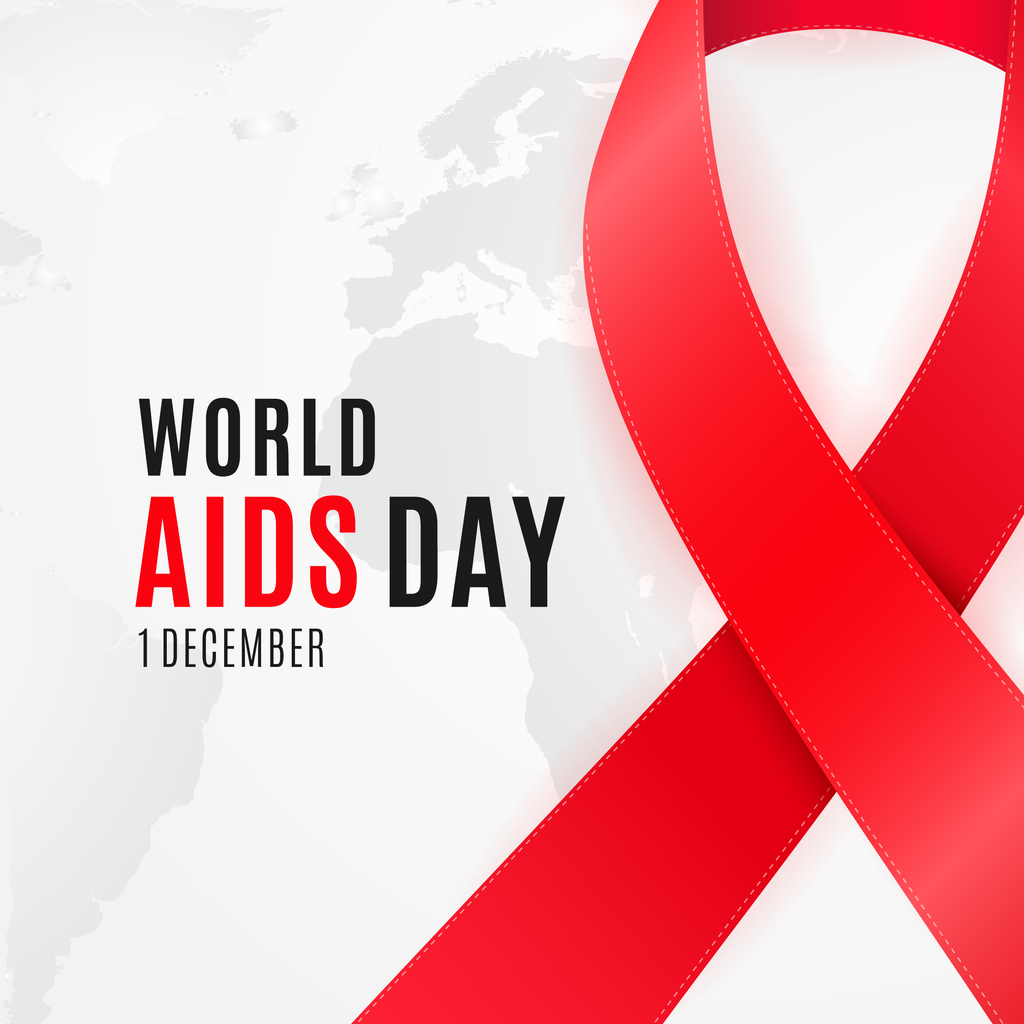

Part of LSTM’s estate in Liverpool is bathing in red light to mark World Aids Day this Sunday.
LSTM is one of the many well-known landmarks throughout Liverpool’s city region that does so in order to raise awareness and support those who are living with HIV. It is meant to challenge and remove the stigma that still surrounds HIV and acknowledge the progress around treatment and prevention.
LSTM is at the forefront of global health research on HIV-infection and related conditions, both locally as well as overseas.
In Liverpool, LSTM participates in the coordination of the HIV Fast Track Cities initiative that brings together local government, civil society and health services. Its aim is to increase the uptake of HIV testing within communities living in Liverpool through a tailored HIV self-testing distribution model.
In 2019, Dr Chelsea Morroni, led the development of new WHO international programmatic guidance on improving contraceptive care for people living with HIV. She is also leading a clinical research study with partners at the University of Liverpool and the Botswana Harvard AIDS Institute investigating drug-drug interactions between hormonal contraceptives and HIV treatment regimens.
LSTM in Zimbabwe, through the Centre for Sexual Health and HIV AIDS Research (CeSHHAR), has been conducting rigorous implementation research in HIV and sexual and reproductive health, generating policy relevant evidence on scale up of HIV self-testing, voluntary male circumcision, programmes for HIV positive adolescents and prevention of mother to trial transmission. In partnership with colleagues from LSHTM, UCL and the University of York, LSTM leads a collaboration of epidemiologists, social scientists, modelers and economists conducting a range of research projects to inform epidemic control among sex workers in Southern Africa.
LSTM’s community health systems group has been conducting research on stigma reduction, and on increasing access to HIV self-testing in different low-resource settings including Kenya and Zimbabwe and here in Liverpool. The group is also involved in research on (HIV) treatment adherence and retention in HIV-care.
LSTM continues to work on late-stage HIV-infection with partners at LSHTM, St Georges University of London, National Institute of Medical Research Tanzania (NIMR).
Recently LSTM expanded its research on the integrated management and prevention of HIV-infection, diabetes and hypertension in partnership with NIMR, MRC/UVRI/Uganda Research Unit and various partners in the UK and Europe. Two large phase 3 trials are about to start, one evaluating integrated management and the other testing a biomedical approach for preventing diabetes in people living with HIV-infection. Part of this work is highlighted in the short video below.
For more information about LSTM’s work on HIV, click here